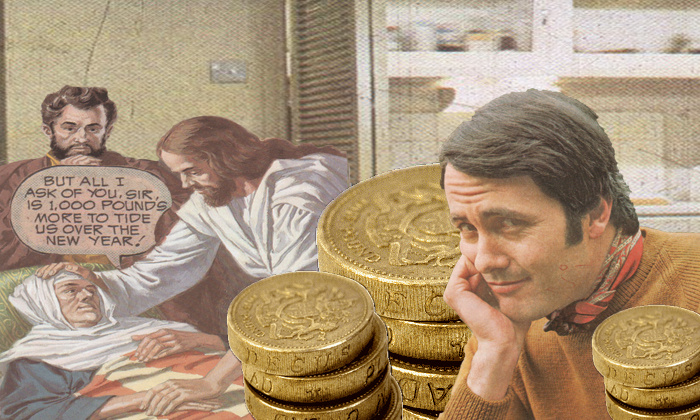
Advertisement
12 Portraits, the film made for Wonga by Gary TarnAcross his tales, we get the ordinary stories of these ordinarily ordinary people, as they find love or happiness or whatever it is they're after, via loans with APRs in the thousands. The film, which was premiered in an event described as "glitzy" at Soho's Curzon Cinema on Monday night, appears to be Love Actually with small cash sums inserted at regular intervals. One guy needs £200 to pay for a romantic weekend with his girlfriend. Another guy needs £70 to get a bone marrow transplant. No one needs £100 to get back what they lost at the dog track yesterday. No one just needs to get one last hit and then this time – for definite – they'll get clean. Wonga's Chief Operating Officer, Niall Wass, assured Kirsty Wark that celebrated director Gary Tam (remember, he's "BAFTA-nominated") had been given 100 percent free rein in choosing the subjects for his film. And, happy-happy for all of them, what he chose has ended up far more Richard Curtis than Ken Loach.
Advertisement
Advertisement
Advertisement
